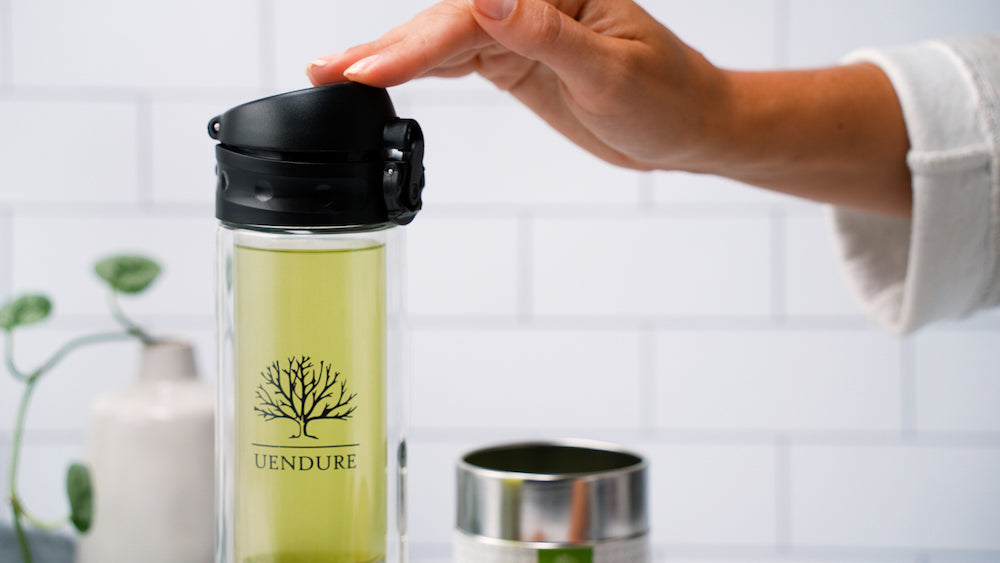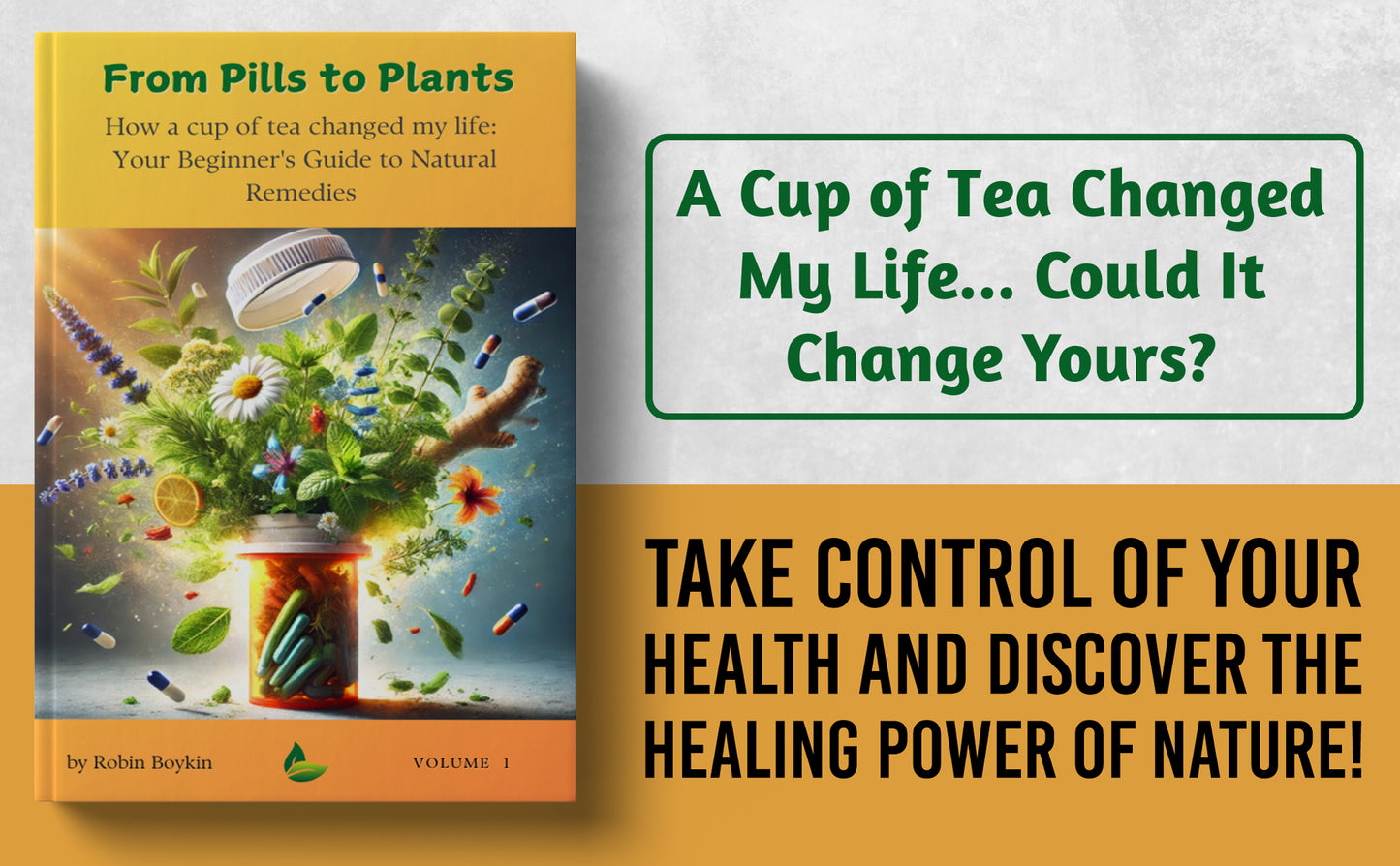Save 15% when you buy the Original Bottle Bundle!

How a Whole Food Diet Can Improve Your Health
According to the author of The Superfood Swap, “Clean eating is caring, not obsessing, about ingredient quality and doing your best to cut the C.R.A.P.: chemicals, refined sugar/flour, artificial sweeteners/colors/flavors, and preservatives.” In fewer words, “garbage in, garbage out.”
Clean eating can help you take better care of your body, but learning to live this way is a process. You won’t start out making all of the right choices, but every step should make your body healthier–and that’s something to look forward to.
Where to Start
The good news is that there are all sorts of ways you can start living a clean eater’s life. The first thing you’ll want to do is get to know what’s in your food.
When grocery shopping, read all of the labels and learn to recognize added sugars, artificial colors, and more–and try not to be too horrified at the ratio of nutrients to additives in packaged meals compared to whole foods! From there, you can start making healthier choices while shopping: buy low-sodium, organic, and whole foods when possible.
Once you’ve gone without it for a while, you won’t even miss all of the sugar and empty calories–you’ll stay full longer, and feel much better.
The next step is to incorporate more fruits, veggies, and whole grains into your diet. Meal planning is excellent for this, as it helps you select your food safely removed from the influence of hunger or cravings.
If you want to go further down the rabbit hole of nutrition, count calories as you would normally eat for a few weeks; this will help you recognize patterns for what is working, and what is not.
It’s ok to indulge in cravings now and then, but if you know there’s something you’ll never be able to resist, learn to cook your favorite restaurant dishes yourself. It’s a fun challenge, and your kitchen’s ingredients are all but guaranteed to be more wholesome.
To practice clean eating, you should also try to make sure any meat you buy is ethically farmed. Meat, dairy, and eggs are often supplemented with growth hormones and antibiotics that clean eaters try to avoid; similarly, opt for low-mercury fish products when possible. Shop organic and humane where you can, and check out a local farmer’s market for ideas on where to start.
Supplement Your Health
Even with all of these diet upgrades, it’s still crucial to stay hydrated. If you can’t stomach fully switching to just water, teas are a natural and healthy alternative that often have multiple uses. Senna teas, for example, can help “clear the way” for your new outlook on diet, as an all-natural laxative. If you’re all set in that department, there are a wide variety of delicious and organic teas out there to sip on all day, such as Strawberry Green Tea and Cranberry Apple Crisp.
In general, the more organic produce and other whole foods you can include in your diet, the better. Start substituting veggies such as zoodles (that’s a portmanteau of zucchini and noodles) instead of starchy pasta, and have fun learning how to make whole food versions of your favorite prepackaged snacks. If you’re stumped for recipes, try searching for lists like these for inspiration!
What’s the Takeaway?
Nearly everything edible has some type of nutritional value; even a Big Mac contains some of the nutrients we need to survive. Eat as many whole foods and as few processed ones as is possible for your personal situation, but be sure to cut yourself some slack now and then rather than take clean eating to an obsessive level.


